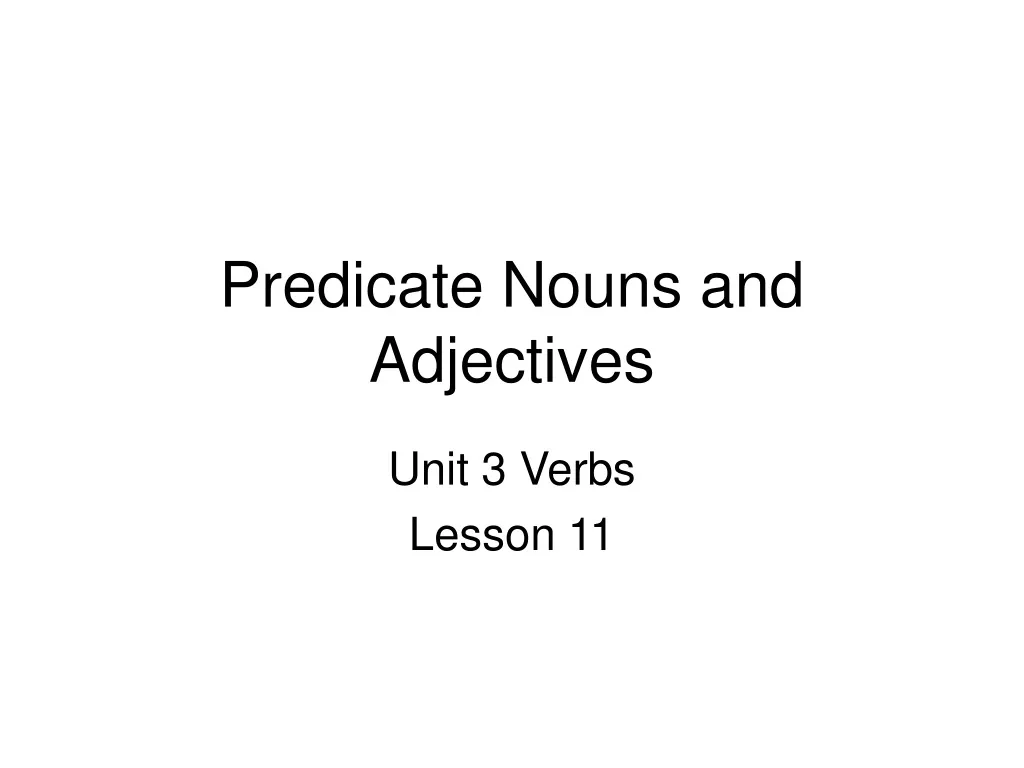

Here, was is a linking verb (an inflected form of be) that equates the subject complement phrase a tranquil pool, with the head noun, pool, to the subject, the lake (with head noun lake). – Predicative nominal as subject complement The subject complement is bold in the following examples: When there is a difference between the number, the verb agrees with the subject. A predicative complement can be either a subject complement or an object complement.Ī subject complement does not determine the verb. Subject complements are typically neither clause arguments nor adjuncts. Since linking verbs are intransitive, subject complements are not affected by any action of the verb. Subject complements are used with a small class of verbs called linking verbs or copulas, of which be is the most common. In either case the predicative complement in effect mirrors the subject. An adjective following the copula and describing the subject is called a predicative adjective. In the former case, a renaming noun phrase such as a noun or pronoun is called a predicative nominal. In dated or non-theoretical grammatical terminology, a subject complement is a predicative expression that follows a linking verb ( copula) and that complements the subject of a clause by either renaming or describing it.


 0 kommentar(er)
0 kommentar(er)
